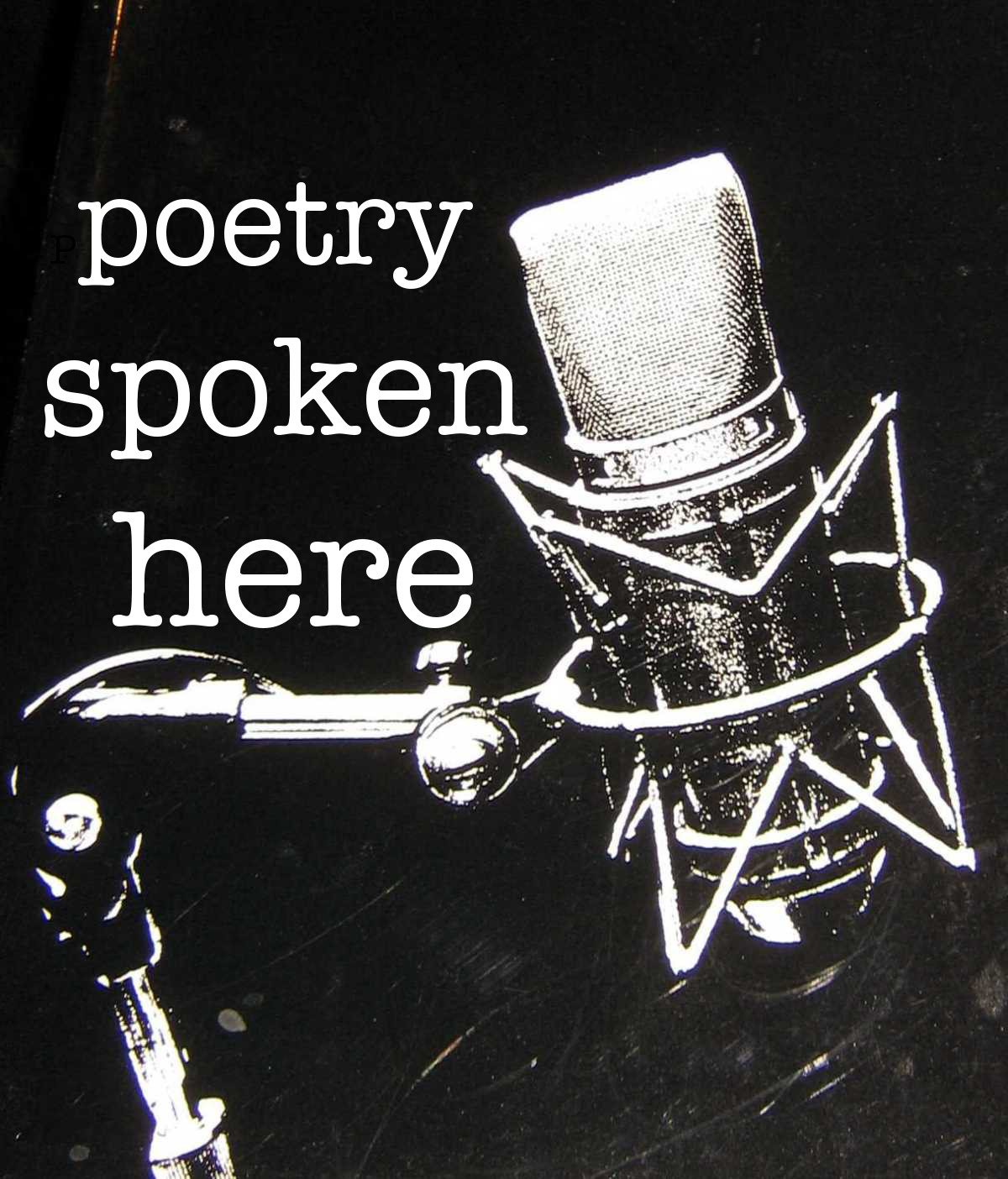Charles Bukowski
One of the important results of reading poetry is self-reflection and self-understanding. Poems tell us about human experiences and we compare them to our own. Sometimes an experience is wildly different from our own and we wonder how we’d respond to the unfamiliar situation. Other times it’s similar to our own and gives us a flash of recognition, a feeling like “hey, I’ve been there,” or “yes, that’s how it is” or “I’m not the only one who feels that way.”
Bunkong “BK” Tuon had that flash-of-recognition experience when he serendipitously came upon the poetry of Charles Bukowski. At the time he was working as a janitor after dropping out of community college. While visiting the library he happened into the poetry section and a book by Bukowski. Reading the poems, he immediately recognized Bukowski as a fellow outsider. As a Cambodian-American who had come to the U.S. as a child, he could relate to that outsider point of view. It was exactly the way he felt when he had been immersed in new and different culture. As BK describes it, it was like being irrelevant, on the sidelines, invisible. Reading Bukowski, led him to understand that he was not alone in his feelings and that his own outsider views were something that could be written about. That book changed his life. His interest in poetry increased and he ultimately pursued a career in literature.
It’s impossible for anyone who has not had the experience, to fully understand the depth of outsider-ness felt by new immigrants. In an earlier Poetry Spoken Here podcast, Gregorio Gomez, who immigrated to the U.S. from Mexico many years ago talked about why he signs his Facebook posts as “the ghost who walks.” When asked where that came from, he said it was from his early days in the U.S. when he felt that he was invisible. Like BK, he felt like a ghost that people didn’t even know existed.

